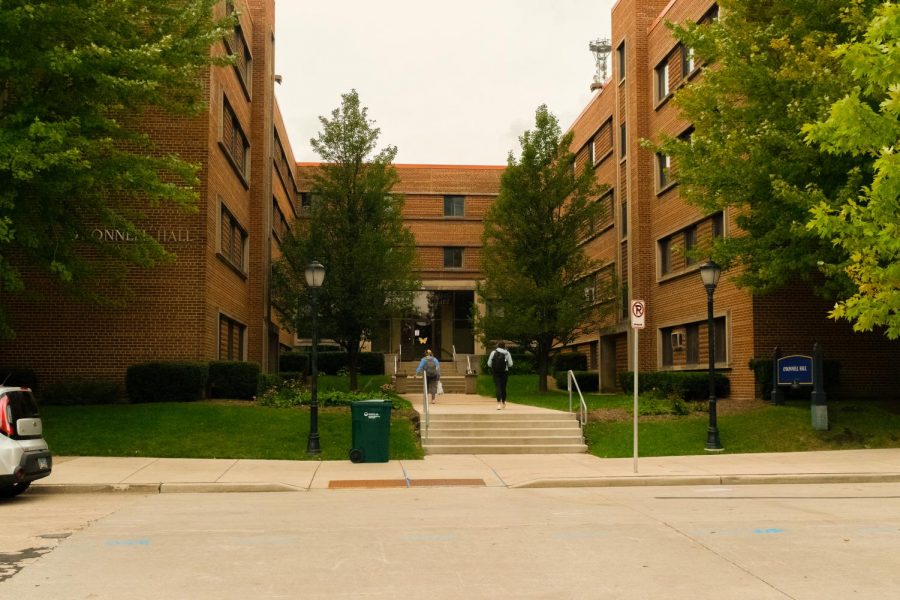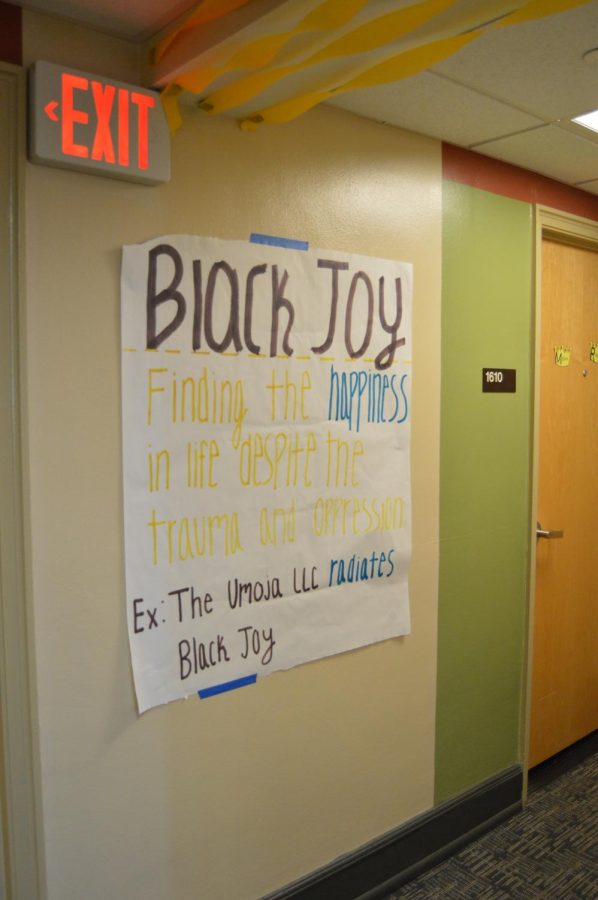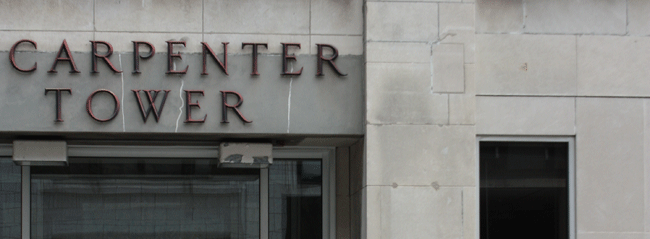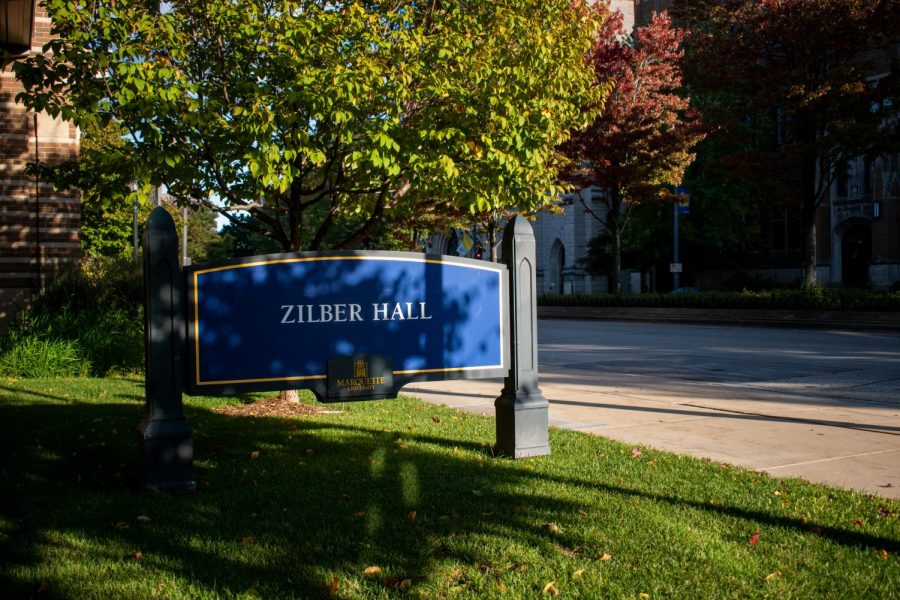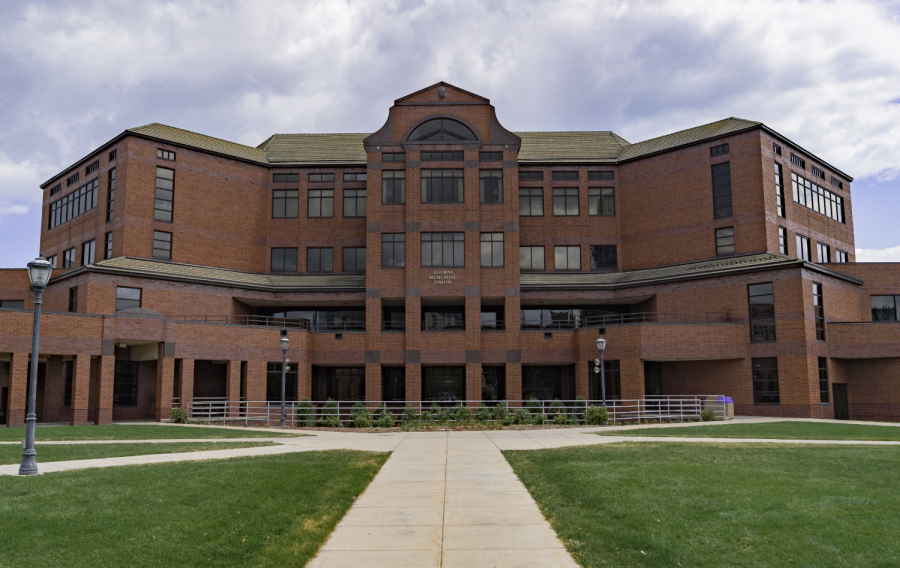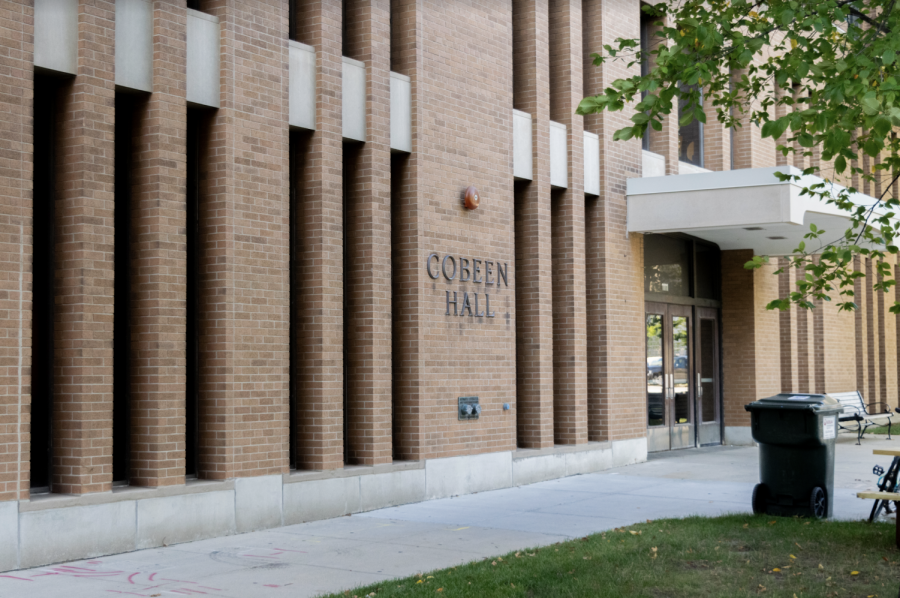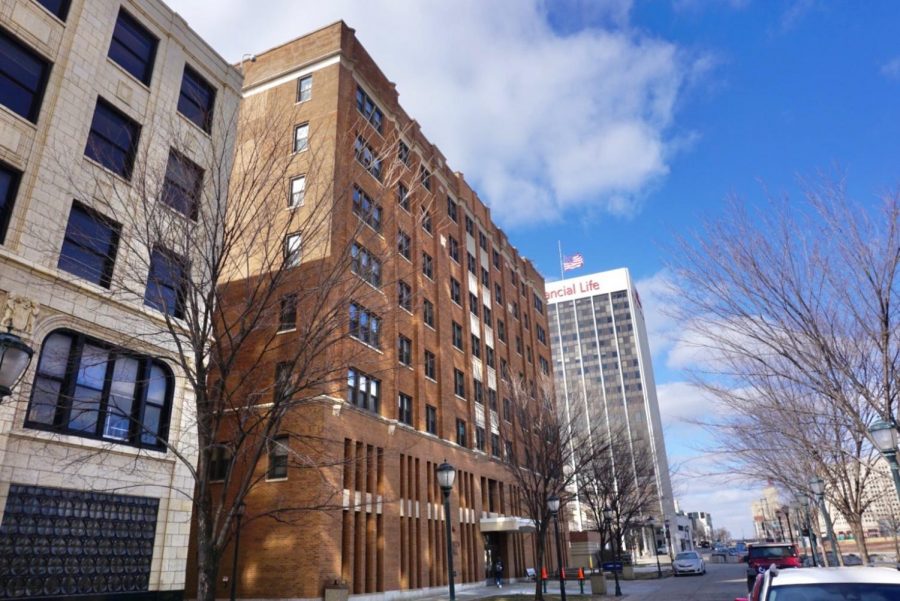While Marquette University announced Sept. 24 that it wouldn’t be raising tuition prices for the 2021-2022 academic year due to the financial impact and uncertainty brought on by the COVID-19 pandemic, the university was approved to increase room and board costs by 3.5% for the 2021-2022 academic year.
Marquette should reconsider raising residence hall costs because first- and second-year students still have to bear the costs of living on campus.
The average cost of living in a residence hall at Marquette is generally more expensive than other on-campus or off campus housing options. For example, the room and board package for a single space in 2-bedroom room in Mashuda Hall is $13,760 for the 2020-2021 academic year, while the a single space in a 2-bedroom/1-bathroom fully furnished apartment at The Marq, an apartment building right next to Mashuda, is around $8,290 for nearly the same amount of time.
Even subtracting the costs for the meal plan — which is mandatory for first- and second-year students, and Marquette listed as costing $4,500 for the fall 2020 and spring 2021 semester — it is still more expensive to live in a residence hall on campus.
Additionally, many residence halls on campus have limited space and furniture, and some like The Commons, Cobeen, O’Donnell and Schroeder have communal bathrooms.
Marquette released sophomores from their residential living requirements this year due to COVID-19 restrictions, but it should make this an option every year.
If the university doesn’t make this change, it should make improvements to residence halls, so students and families can see that their money is directly put into student housing. This is especially important, considering that several residence halls have been listed as needing repair. According to the Beyond Boundaries Campus Master Plan, O’Donnell Hall needs “major repair,” and Carpenter Hall, Humphrey Hall and Mashuda Hall are listed between “evaluate” and “major repair.”
It is imperative that the university prioritizes the health and well-being as well as campus experience of current Marquette students. If the university will not decrease room and board costs or release first- and second-year students from their residential living requirements, it needs to address issues in these residence halls and make necessary improvements.
Additionally, the university should consider that raising residence hall costs could drive prospective students away. Even if students want to come to Marquette for the many opportunities it provides, being forced to live in expensive residence halls may lead them to choose a different university with more flexible housing options for first- and second-year students.
While it is important to acknowledge that Marquette is experiencing financial struggles due to the COVID-19 pandemic, the university must make sure that current students don’t bear the burden and miss out on a great housing experience.
Moving forward, the university should work with the Office of Residence Life to ensure Marquette students continue to enjoy their college experiences, whether that means finding a way to freeze or maintain residence hall costs or releasing them from residential living requirements.
The university could also reach out to students to get their feedback and make sure they’re included in housing option conversations, as they are directly impacted.
This story was written by Krisha Patel. She can be reached at krisha.patel@marquette.edu

